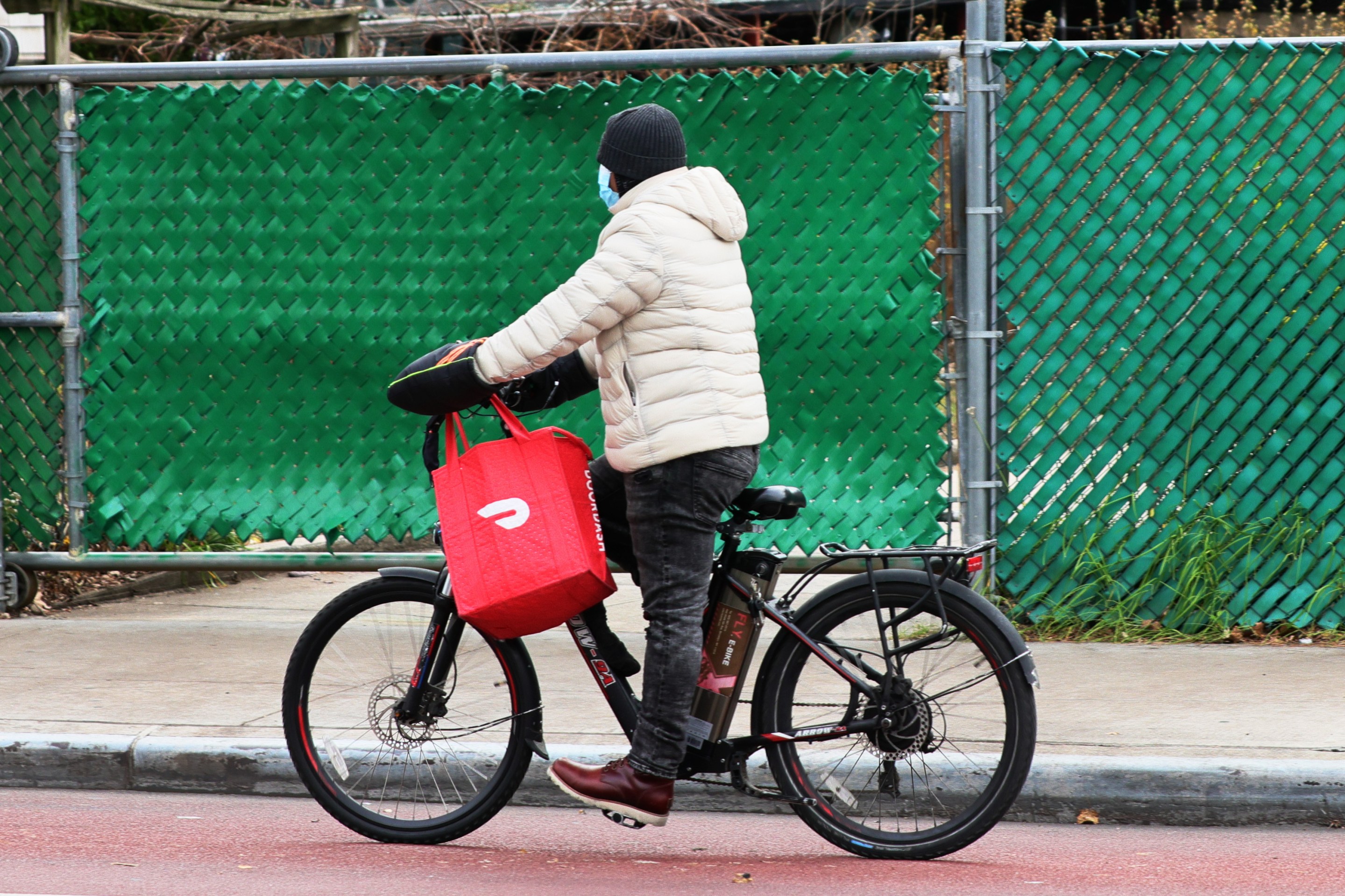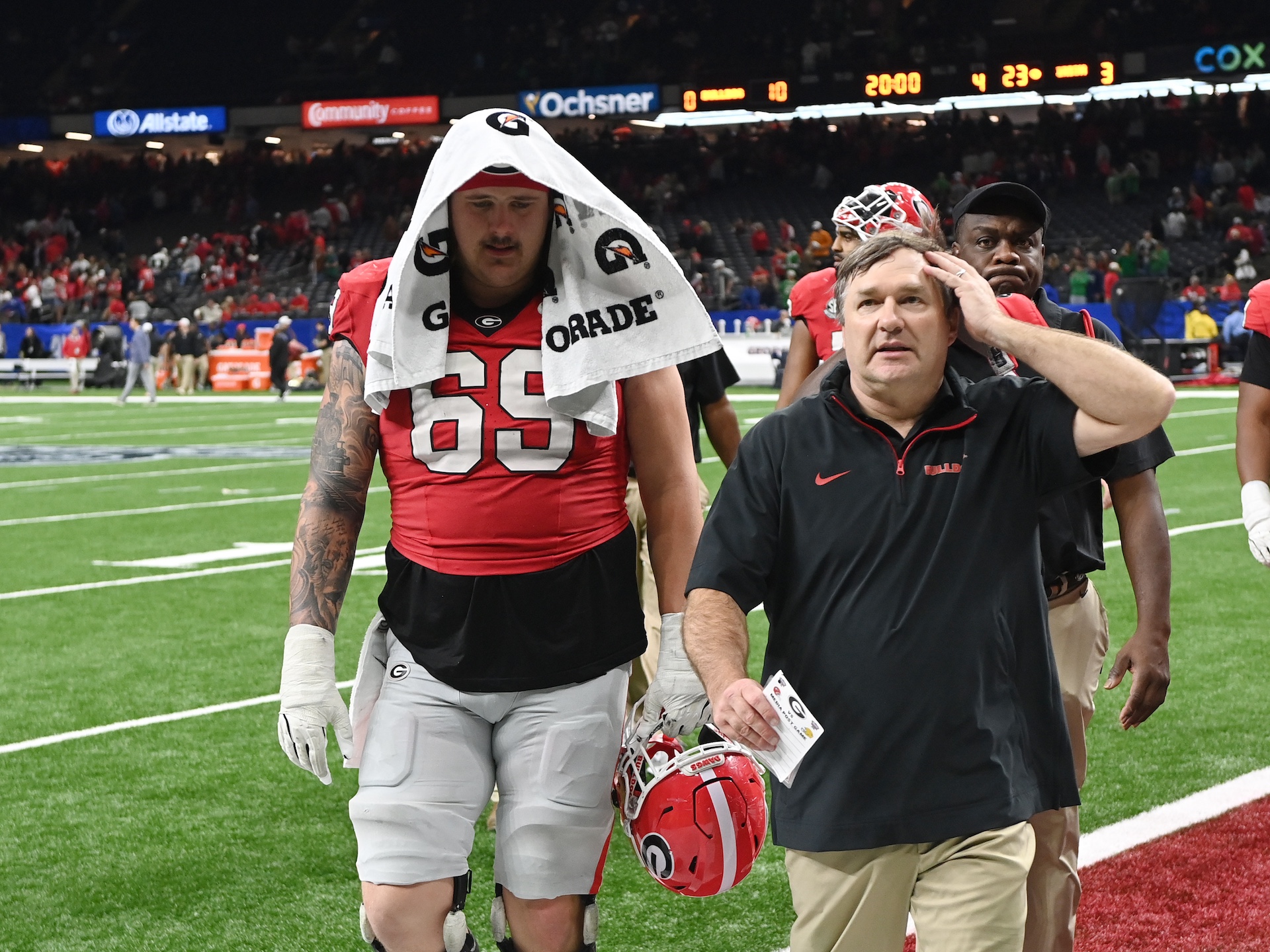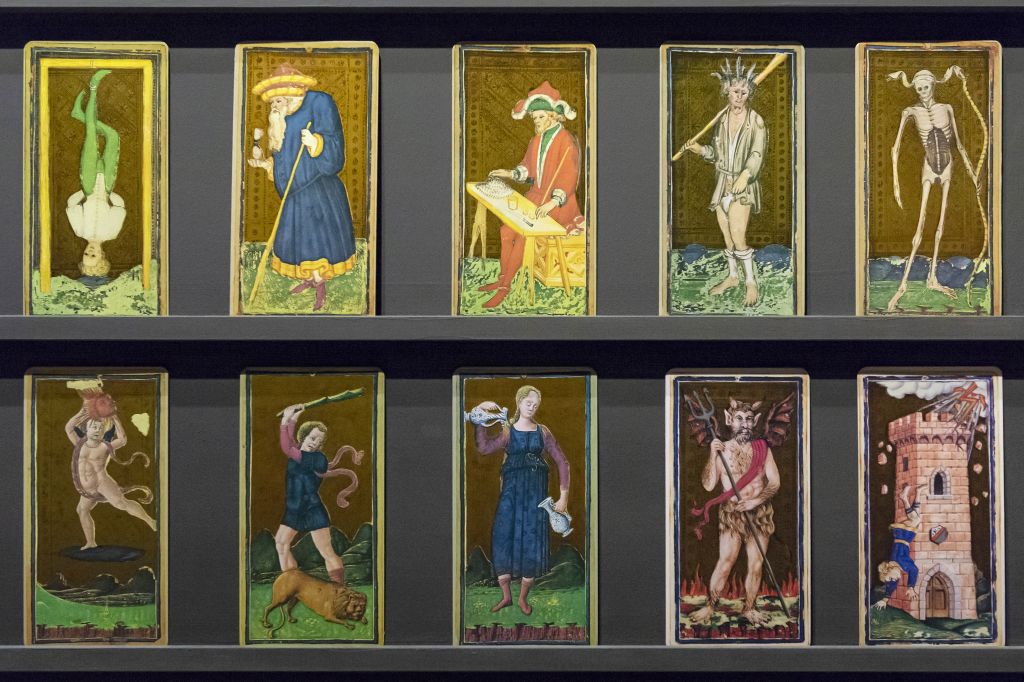Francisco Villalva Vitinio was on a shift as a DoorDash delivery courier around 11:00 PM in New York City on Monday, March 29, when, according to police, a man approached him in East Harlem’s Poor Richards Playground. The man demanded Vitinio’s electric-powered bicycle while brandishing a gun. Delivery workers for app-based companies like DoorDash use e-bikes to quickly navigate around the city, and they’re often targets of theft for them. Vitinio refused to give up his bike. The man shot him in the chest, killing him, and fled.
Gig workers like Vitinio can face shocking violence while on the job. Across the U.S., a disturbing trend has emerged where gig workers for companies like UberEats, DoorDash, and Instacart have been shot, violently assaulted, and killed while delivering food, driving rideshare passengers, or fulfilling grocery delivery orders.
In Washington, D.C., two teenage girls stand accused of murder after allegedly carjacking 66-year-old UberEats driver Mohammad Anwar. Police say the two girls tased Anwar, after which his car crashed near the Nationals' stadium. Anwar died in the wreckage.
In Dallas, one DoorDash deliverer was shot five times while completing an order. The same has happened in Detroit, Virginia, and New Jersey over the last 18 months. And in Boulder, Colorado, it soon emerged after a mass shooting in March that one of the 10 victims was an Instacart Shopper. Lynn Murray was fulfilling an order for a customer on the grocery delivery app when a gunman opened fire at the Boulder King Soopers grocery store. She died in the event.
Because of their independent contractor status, gig workers like Murray, Anwar, and Vitinio aren’t given protections afforded to full-time employees like workers’ compensation, health insurance, or sick leave. When they die, while in the line of duty, their families are more often than not left with nothing.
“The fact is that Lynn Murray died under the same circumstances as any store clerk,” says Vanessa Bain, a Palo Alto-based Instacart Shopper and co-founder of the advocacy group Gig Workers Collective. If a full-time store clerk was killed or maimed on the job, they and their families would have access to things like paid leave, survivor benefits, funeral benefits, and basic health insurance.
“It creates a dynamic where one class of workers is protected with certain minimal guarantees while another class who find themselves in the exact same circumstances are left to fend for themselves,” says Bain.
DoorDash denied that Vitinio was on a delivery when he was killed. “While this horrible crime did not happen on a DoorDash delivery, we’ve provided support to his family and will support law enforcement as they investigate,” a DoorDash spokeswoman said in a statement via email.
However, members of Vitinio’s family provided screenshots to reporters of his DoorDash account that showed the company had suspended his account for missing a scheduled delivery that coincided with the time of his death. His family did not return a message seeking confirmation.
Dr. Patricia Campos-Medina, a gig labor expert and co-director of the Workers Institute at Cornell University, said that DoorDash’s response to Vitinio’s death was an example of the way that gig companies have been able to sidestep taking responsibility for worker injuries.
DoorDash and other food delivery apps only pay a worker for the time spent on active deliveries. Unlike traditional delivery jobs, couriers are not compensated for time in between orders, when they’re sitting on their bikes in parks waiting for the next order to appear on their phones. They also do not cover job expenses, such as cell phone data plans, or traffic tickets.
“This is what the on demand platform allows,” Dr. Campos-Medina says. “It frees them from liability from taking responsibility for accidents on the jobs where people sign onto the platform as workers. That’s the wall they’ve created for themselves.”
Ligia Guallpa is Executive Director of the Worker’s Justice Project, which works with low-wage immigrant laborers through Los Deliveristas Unidos, an app workers’ advocacy group. According to her, Vitinio’s cousin is a gig worker and a member of Los Deliveristas Unidos. Guallpa says that while deliverers faced violence on the job pre-COVID, it’s gotten much worse since the pandemic began.
“Violence has drastically increased since COVID, along with robberies,” she told Defector. “Violence has put the lives of workers at risk, while they also face traffic accidents and other crimes.”
She added that workers also face “unscrupulous employment or contracting practices by the apps” for which they’re contractors, like DoorDash and Instacart.
Since the pandemic began, thousands of restaurant workers have been laid off. DoorDash, Instacart, and other food delivery apps have seen a large increase in demand for their services since the pandemic began. Workers like Vitinio and his fellow DoorDashers absorb the costs of this demand, Guallpa says.
“Food delivery work is one of the fastest growing industries in New York City,” she says. “The apps have simply taken advantage and profited from this. They’ve found ways to avoid responsibilities of any labor protections and to not pay real wages.”
Guallpa says that workers are responsible for buying their own personal protective equipment and supplies such as the delivery bags and e-bikes required to complete jobs. At minimum, each e-bike costs $1,800, a hefty cost when one considers how little gig workers earn. According to a report from The New School’s Center for New York City Affairs, full-time gig workers earn a median annual salary of $20,000 per year.
Bain says that part of the reason app-based companies can shirk responsibility and offer their workers such little pay is that they willfully misclassify their workforce as independent contractors, denying them benefits awarded to full-status employees.
“Because of misclassification, employers aren’t paying into workers’ [compensation funds] at the state level. Our overall status as misclassified workers is bad, but we also face really high levels of occupational risk and fatalities.”
Dr. Campos-Medina confirmed that gig companies don’t pay into workers’ compensation or other state benefits programs due to their workforces’ “independent contractor” status.
Some states like New Jersey, she says, have strict regulations around who can be considered an independent contractor, but gig companies like Lyft and Uber have fought hard to upend those rules.
In January 2020, California’s Assembly Bill 5 (AB5) passed into law. AB5 requires gig companies to pass a three-pronged test to justify classifying their workers as independent contractors, provided they can prove that those workers aren’t essential to their business model and don’t take direction from the company on how to perform their work. Less than a year later, however, gig companies scored a major legal victory that allowed them to continue operating with exemptions to that law.
In November, Proposition 22 passed at the state level in California. It allows gig companies to opt out of AB5, which would have required them to classify their workers as employees, in turn requiring them to pay payroll taxes and workers’ compensation. DoorDash, Uber, Lyft and Instacart spent $200 million on a campaign in support of Prop. 22, the most expensive in U.S. history. Prop. 22 now requires a “super-duper” majority of California legislators to overturn it.
Uber chief executive officer Dara Khosrowshahi told The Verge that he has plans to “take Prop. 22 national” and push for similar legislation throughout the U.S. As Bloomberg’s Josh Eidelson reported, this has sparked concerns among labor advocates that the rideshare company’s plans for “Uberizing" the country’s workforce will threaten traditional employment sectors that have long guaranteed minimum wages, health insurance, and worker protections.
Another problem emerges when gig workers’ families are left to fend for themselves after tragedy. Funeral costs and other bills are crowdsourced via popular funding sites like GoFundMe. Bain says that it then becomes a race to the bottom for who is the most sympathetic victim, which often determines whose campaigns are amplified and receive attention and donations.
“The amount of attention and support that a worker’s family receives is unfortunately drawn among privileged lines,” she says. “It depends upon how much society values that worker’s identity, for example a white, U.S.-born woman versus a foreign born worker who was maybe a refugee or an immigrant.”
Instacart confirmed that it had donated $50,000 to Lynn Murray’s family’s GoFundMe after her death.
Bain and Willy Solis, another gig worker involved with Gig Workers Collective, are working on a campaign around worker classification and safety. Their aim is to force gig companies like Uber, Instacart and DoorDash to publicly address the threat facing their workforce and to “step up on a more permanent and larger scale,” instead of publishing one-off condolence statements every time a gig worker is killed.
Solis says that his fears about worker safety amplified in January, when UberEats driver Ryan Graham was killed while dropping off an order at an apartment in Haltom City, a Dallas suburb near where Solis lives.
“I’ve personally delivered to that complex before,” he says. “It hits so close to home, and makes you realize that these things can happen to you. It makes me wonder what my own family would do in that situation.”
“This is my own backyard. It’s really fostered an anger in regards to these issues that needs to be heard, and have an outlet,” he says. “At the end of the day, these [workers’] families are forever changed. The implication of their loss is gonna be there forever. These were real people working as hard as they could to make ends meet.”





